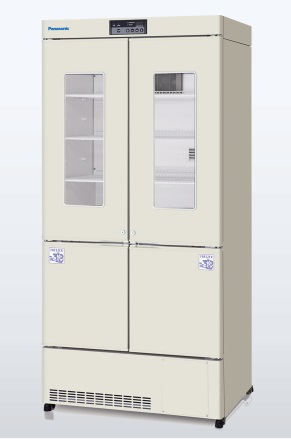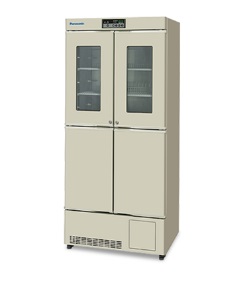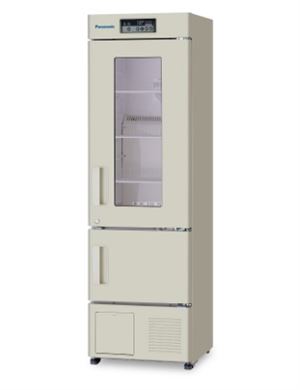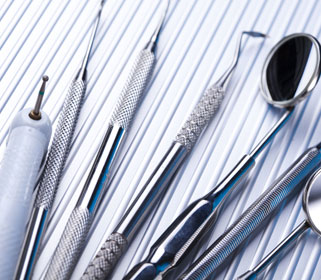Home » Lab Equipment Supplies » Getting The Most Out Of Your Lab Refrigerator » Getting The Most Out Of Your Lab Refrigerator
Getting The Most Out Of Your Lab Refrigerator

Clinical Refrigerator and Freezer Combo 715
Retail Price: $12,985.00
Your Price: $8,355.00
 Unit: single
Unit: single

Clinical Refrigerator and Freezer Combo 414
Retail Price: $9,700.00
Your Price: $7,286.11
 Unit: single
Unit: single

Clinical Refrigerator and Freezer Combo 215
Call For Pricing 1-877-706-4480
 Unit: single
Unit: single
There are some pieces of equipment found in the lab or clinical setting that are standard yet also very essential. Often when it comes time to purchase a new or replacement lab refrigerator there is little consideration given to the specific features and options that are available. After all, as long as it maintains the right temperature what else does it really need to be able to do?
If you stop and consider how important the contents of the lab refrigerator are then you begin to understand how purchasing a laboratory refrigerator is a critical investment. Choosing a basic model may suit all your needs, but in many different settings having some additional features can help in management of the equipment as well as organization of the contents.
Regardless of the specific features that you select the most important feature to consider is the type of cooling and temperature control that the model offers. For some models temperature control can be highly accurate and will not change more than one degree off of the set temperature. For specific types of specimens, samples and materials this highly accurate temperature control may be not just desired by absolutely required. These types of laboratory refrigerator models are usually cooled using convection systems that allow a constant temperature throughout all areas of the interior storage space.
In addition the temperature is controlled using a small computer microprocessor system. This type of accuracy means that even the opening of the door of the laboratory freezer results in an instantaneous and highly accurate adjustment to the cooling system. With the internal sensors detect any warming outside of the variation that you have pre-set in the microprocessor the convection cooling automatically starts ensuring that the temperature is steady. Some models may also have an alarm system that signals to the staff if the door is held open for a prolonged period of time and the temperature is outside of the acceptable parameters.
The size of the lab refrigerator is also a big consideration. If you are buying a replacement unit they you likely have a good idea of the volume of materials that you typically need to store. For many larger clinics, labs and teaching settings a full sized lab refrigerator makes the most sense. This provides a wide range of storage options from bins to shelves and even racks in the interior of the appliance and additional storage compartments on the door.
However, if you are buying for a new lab or an existing facility it is important to go bigger rather than smaller when you upgrade. This is because the more space there is in the refrigerator that is not filled with samples and items the more effectively the system will stay cool. When the interior is over filled the system has to work harder to maintain the temperature especially if the door is opened multiple times per day. Over filling or placing a lot of samples in at the same time also tends to slow down the rate of cooling which can contribute to bacterial growth under specific situations. In small settings a mini laboratory refrigerator can be a cost and space saving option that is just what you need.
The options for the interior configuration of the lab refrigerator should definitely be a factor in choosing a model. Most models will have shelves within the unit that can be adjusted to pre-set heights similar to a home refrigerator. Some will also have bins, storage racks and racks on the door for smaller containers and bottles. The more variation you require in cool storage area in your work environment the more important a flexible interior configuration will be.
Lab refrigerators may not be the most exciting piece of equipment, but they are critical to safe storage and preservation of samples and materials. Take your time and look at what is available before making a purchase and you will be able to find just the model to meet your needs now and in the future.














